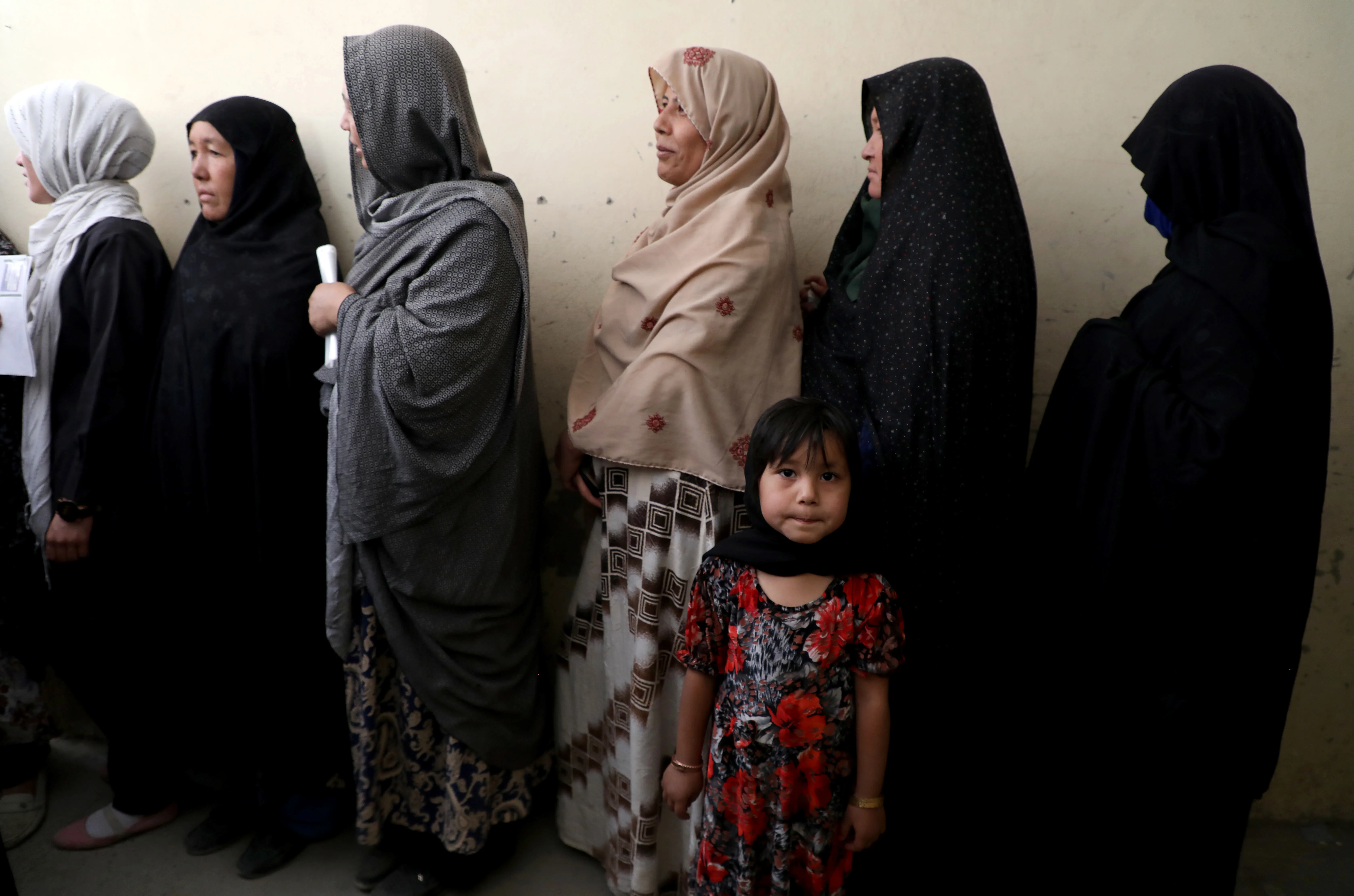By AA
As India and China are engaged in prolonged border tensions, India is boosting its capability to deal with cyber-attacks given growing threats from China and the prospects of algorithmic warfare.
Although India’s cyber command under Rear Admiral Mohit Gupta became operational in November 2019, experts fear that the recent military stalemate along its borders with China may blow to non-contact or algorithmic warfare.
Speaking to Anadolu Agency, India’s former Director-General of Military Operations retired Lt. Gen. Vinod Bhatia apprehended that there may be a shift to non-contact warfare between the two countries.
“It is a stalemate on the ground. The domain, in this case, may shift to non-contact warfare without changing the stance on the ground. Thus, we will also have our defenses ready when it comes to non-contact warfare including cyberattacks,” he said.
According to a recent National Cyber Power Index report published by Harvard University’s Belfer Center, China ranks second, after the US, in cyber power. The report has identified seven national objectives that countries pursue using cyber means including surveillance, foreign intelligence collection, and cyber defenses.
“Countries with high levels of both intent and capability for a specific objective are among the highest-ranking countries in the NCPI. These countries both signal in strategies and previously attributed cyber-attacks that they intend to use cyber to achieve policy goals and have the capabilities to achieve them” stated the report.

















